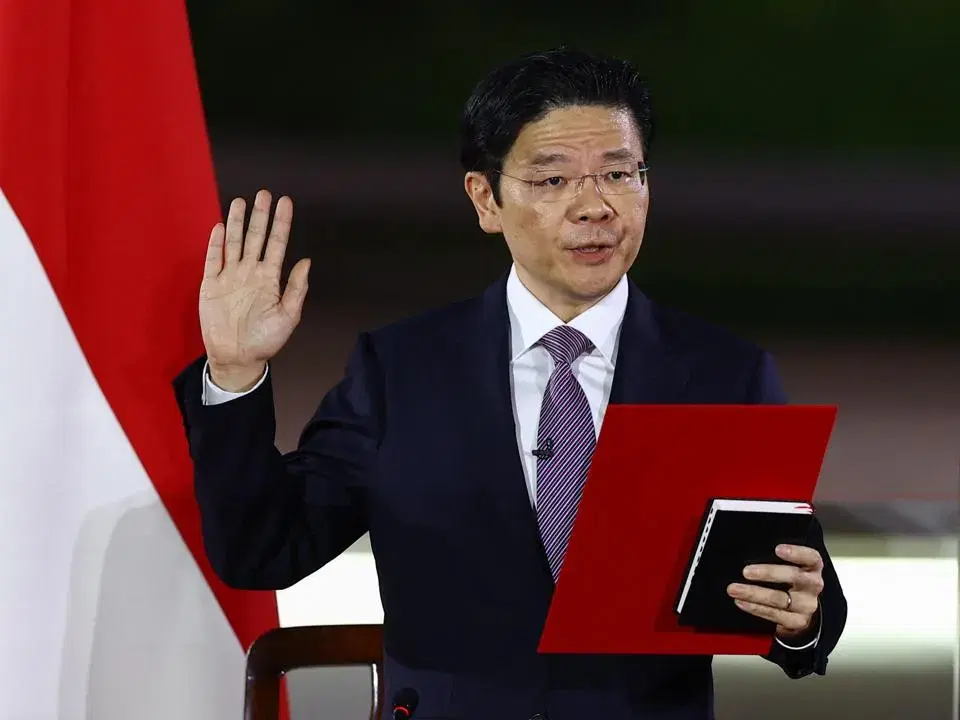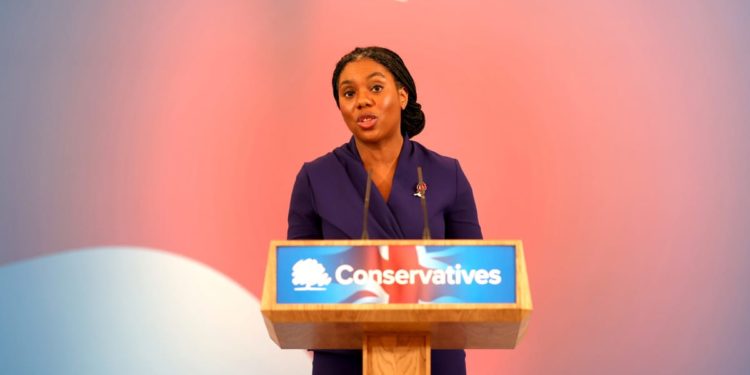NAIRAMETRICS
The recent re-election of Donald Trump to the U.S. presidency, defeating Vice President Kamala Harris, has raised questions about how his policies might shape global investment flows over the coming years.
During Trump’s first term, Nigeria saw a substantial boost in foreign capital inflows, receiving five times more than it has under President Joe Biden’s administration.
According to data, Nigeria attracted a total of $10.5 billion in foreign capital during Trump’s first four years in office, compared to just $2.39 billion so far under Biden.
Analysts suggest that this disparity reflects the interplay of U.S. monetary policies, Nigeria’s interest rate strategy, and currency stability—factors that collectively created a more favourable investment climate during Trump’s tenure.
A closer look at the data reveals that under Trump’s administration, Nigeria’s capital inflows rose steadily, reflecting a favourable environment for foreign investment. The year-by-year breakdown of capital inflows shows this trend:
- 2016: $950 million
- 2017: $2.47 billion
- 2018: $3.58 billion
- 2019: $4.5 billion
By 2019, total capital inflows to Nigeria had hit a peak of $23 billion, with the United States alone contributing $4.5 billion. In contrast, under Biden, Nigeria has experienced a drastic reduction, attracting just $2.39 billion so far—roughly a quarter of what was achieved under Trump.
Key factors driving capital during Trump’s term
Interest Rate Policies: During Trump’s presidency, the U.S. maintained relatively low interest rates, making emerging markets like Nigeria more attractive to U.S. investors seeking higher returns
READ THE FULL STORY IN NAIRAMETRICS


